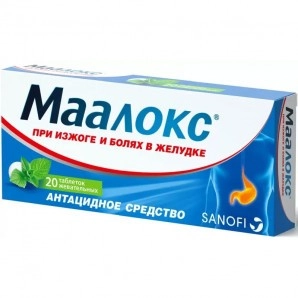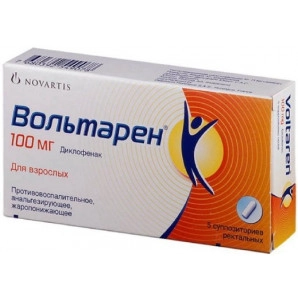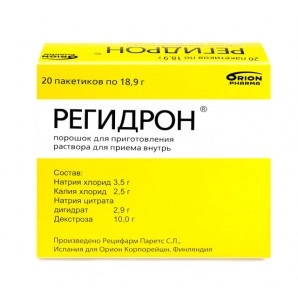-
OTC
- Allergy
- Antiparasitic Agents
- Painkillers and Antispasmodics
- Venotonics
- Dermatological Agents
- Gastrointestinal Tract
- Immunomodulators
- Infectious and Inflammatory
- Weight Control, Weight Loss
- Neurological Agents
- Ophthalmic Preparations
- Cardiovascular Diseases
- Sleep Aids
- Cold and Flu Remedies
- Thyroid Disorders
- Diabetes Treatments
- Urological Agents
- Sedatives
- Ear Drops
- Vitamins and Minerals
- Men's Health
- Women's Health
- Laxatives
- Liver Disease Treatments
- Hemorrhoid Treatments
- Nasal Drops and Sprays
- Antiseptic
- Bruises and Contusions
- Antifungal Agents
- Blood Pressure Medications
- Joint Pain
- Oils
- Dry Herbs & Berries
- Ointments
- Herbal Teas
- Tinctures
- Syrups
- Beauty
This information is for general purposes only and should not be considered as medical advice. Always consult with a qualified healthcare professional for any medical concerns or questions you may have.
Aspirin Tablets: A Common Pain Relief and More
Aspirin, also known as acetylsalicylic acid (ASA), is one of the most widely used medications worldwide. It's renowned for its pain-relieving, fever-reducing, and anti-inflammatory properties.
What Are Aspirin Tablets?
Aspirin tablets are a type of medication that contains aspirin as the active ingredient. They belong to a class of drugs known as nonsteroidal anti-inflammatory drugs (NSAIDs). Aspirin is available over-the-counter (OTC) and in prescription form, with varying dosages.
Uses of Aspirin Tablets
Aspirin tablets have several common uses:
- Pain Relief: Aspirin is often used to relieve mild to moderate pain, including headaches, dental pain, and muscle aches.
- Fever Reduction: It can help lower fever in individuals with infections or other medical conditions.
- Inflammation Reduction: Aspirin's anti-inflammatory properties make it valuable for conditions like arthritis.
- Heart Health: Some people take low-dose aspirin daily to reduce the risk of heart attack and stroke.
How Aspirin Works
Aspirin works by inhibiting enzymes in the body that promote inflammation, pain, and fever. It achieves this by blocking the production of prostaglandins, which are hormone-like substances that contribute to these symptoms.
Precautions and Side Effects
While aspirin is generally safe when used as directed, it may cause side effects such as gastrointestinal irritation or bleeding, particularly when taken in high doses or over an extended period. Individuals with certain medical conditions, such as bleeding disorders, should use aspirin with caution or under medical supervision.
Conclusion
Aspirin tablets are a versatile medication with a long history of use for pain relief, fever reduction, and inflammation management. They also play a role in preventing cardiovascular events when taken at lower doses. However, it's crucial to follow dosing instructions and consult with a healthcare professional when necessary.
Please note: This information is provided for informational purposes only and should not replace professional medical advice.
Additional Information
| SKU | 1137 |
|---|---|
| Brand | Generic |
| Size | 10 tabl |
| Manufacturer | Russia |
- Be the first to review this product
Write Your Own Review
Products on sale
Regular Price: $26.59
Special Price $18.99
Regular Price: $21.99
Special Price $17.99
Regular Price: $4.99
Special Price $2.50
Regular Price: $33.99
Special Price $24.99
Regular Price: $20.99
Special Price $17.99
Regular Price: $10.49
Special Price $8.99
Regular Price: $14.99
Special Price $9.99
Regular Price: $7.99
Special Price $4.99
Regular Price: $38.99
Special Price $29.99
Also Purchased




















